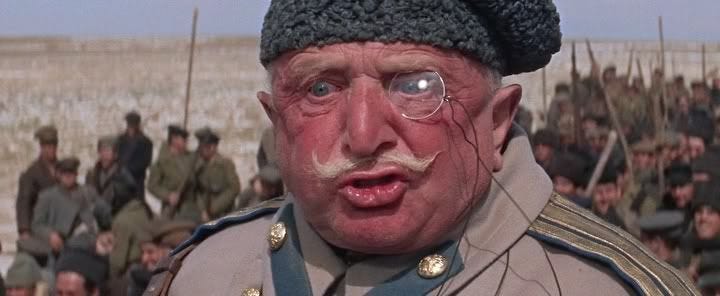Law and Disorder
Vaccine Mandates and the History of the American Military Strike
Soldiers go on strike. They withdraw their consent to be commanded, and they withdraw their labor. They can’t, and they do.
As the military moves to enforce a mandate for all servicemembers to receive a COVID-19 vaccine, news stories are matter-of-fact in explaining that people in the armed forces simply must do as they’re told. In a typical example, Politico quotes Eugene Fidell, a lawyer and respected scholar of military justice:
Once the FDA approves the available vaccines, “there is no defense” that the order would be unconstitutional, noted Fidell, who also expects a presidential waiver to carry the same level of authority.
"I think that would be sustained. And people who refuse the shots at that point will be in trouble," he added.
And he’s right. But it doesn’t matter. As news stories have begun to note in the last week – with considerable alarm – hundreds of thousands of troops remain unvaccinated as the deadline for their submission to the mandate draws near. They have no choice; they simply must; they aren’t.
American military personnel have been doing this since the colonial era, and have done it many times. It happens two ways: Sometimes the law says X, and soldiers quietly do Not X, trying to not be noticed; sometimes they just refuse, and take the threat of punishment head-on.
During the Seven Years’ War, colonial volunteers were subject to British military discipline, which could be astoundingly harsh. And so, the historian Fred Anderson writes, the commanders of provincial troops frequently took care to avoid subjecting their soldiers to that discipline, “manipulating the court-martial system so as to lessen the likelihood that provincial offenders would be tried by courts composed, even in part, of regular officers…Provincial officers who entertained reservations about regular-style discipline therefore could mitigate the possible punishment by softening their charges — in effect conspiring on behalf of the accused to circumvent the military justice system.” A military lawyer would explain to you that commanders absolutely couldn’t do this. Also, they did it.
In an example of a more dramatic direct confrontation, soldiers in the Continental Army fighting the Revolutionary War responded to years of unreliable pay, minimal supply support, and disregarded enlistment contracts by fully withdrawing their labor. The revolt of the Pennsylvania Line of that army began on the first day of 1781, as 1,500 soldiers marched out of camp – killing an officer who tried to stand in their way. Continental Army commanders tried to assemble a force to attack the mutineers and put down the revolt, but they realized they couldn’t organize the necessary violence to take that path. So they negotiated, sending a committee of officers to discuss terms with a committee of sergeants sent by the mutineers. None of that was allowed; also, it’s what happened.
And so on. The Newburgh conspiracy. The Civil War pay strike of black soldiers. The desertion of the St. Patrick’s battalion. The Port Chicago mutiny. The Fort Devens strike. None of it was allowed.
Effective military organizations are led by respected leaders, and organized by shared values. It’s much harder to punish an army into effectiveness. Military justice is effective at policing outliers, and limiting their numbers, in a force that otherwise wishes to serve a shared cause. If you shoot Eddie Slovik in an army with a 70% desertion rate, your desertion rate climbs, and your soldiers may kill you for trying to stop them. Punishment organizes the behavior of the one percent who won’t pull together in an army that wants to go kill Nazis, that honors the cause, that believes in the war, that respects the generals and the colonels.
Armed forces that organize an ideological purge based on partisan politics, then shamefully bungle the end of a decades-long war, are in a poor position to make demands of troops in an area of widely shared social doubt and political controversy.
If the current leaders of the American military threaten to discard the service of hundreds of thousands of servicemembers who don’t trust their leaders, we have historical examples that suggest the real possibility that those servicemembers may just shrug at the threat.
The law is probably not on the side of military personnel who refuse mandatory COVID-19 vaccines. Good luck with that.

